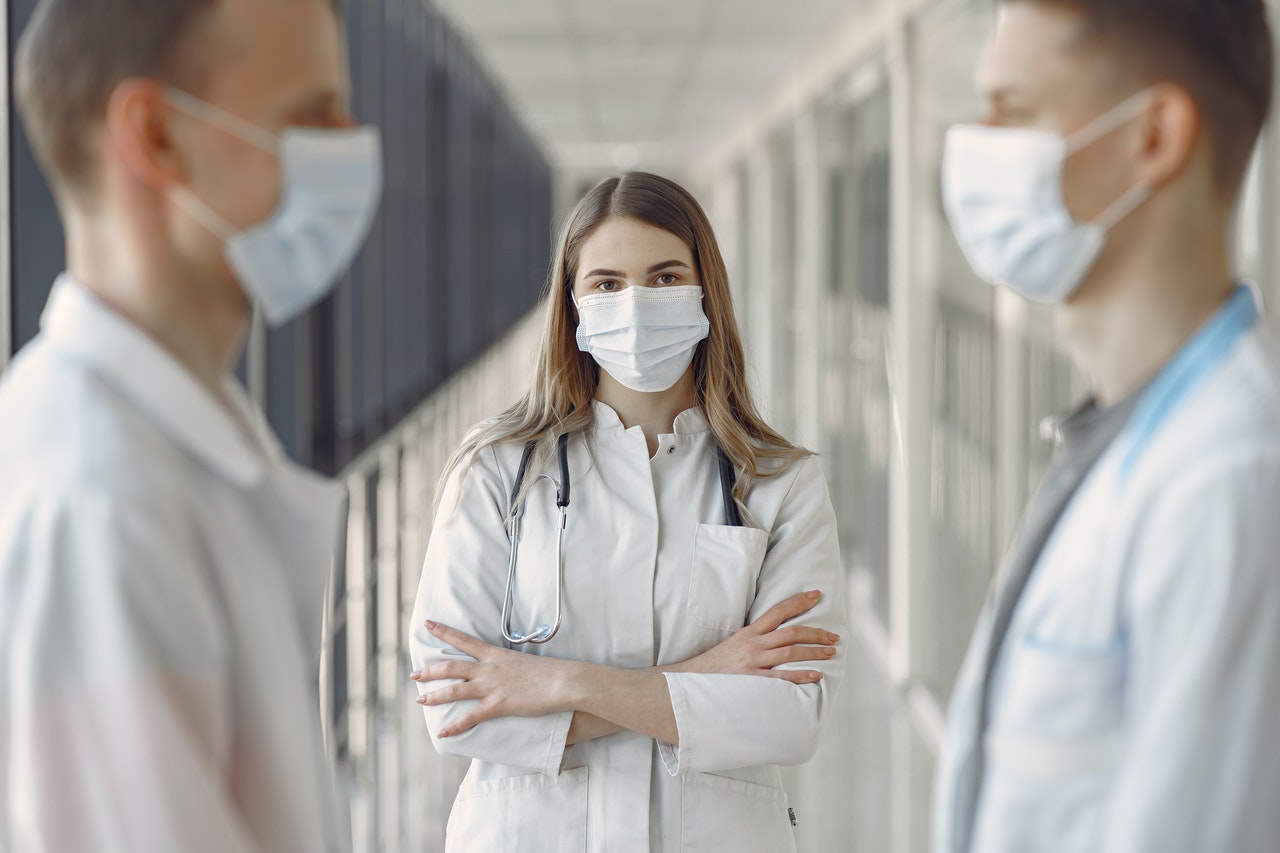5 Ways Doctors Protect Themselves From COVID-19
Living in a post pandemic world means that physicians have to be more careful than ever before as they care for sick patients. Doctors are critical to the recovery of the world from the onset of this novel coronavirus, and it’s important that they take proper precautions.
If you’ve spent time sitting around wondering what the people in harm’s way do to keep themselves safe, take some time for a quick read. Here is a brief look at a few ways doctors protect themselves from COVID-19 while working in the field.
Proper handwashing techniques
Washing your hands goes a long way towards guarding against infection. Of course the coronavirus is also airborne, but keeping your hands clean will keep you from infecting yourself. People unknowingly touch their face more than a handful of times throughout the day.
Though doctors and other medical professionals know to reduce contact, they’re still human. Proper handwashing techniques are a vital part of the safety puzzle when guarding against COVID.
Wearing proper personal protective equipment
Doctors and nurses take an extra step to guard against sickness by wearing personal protective equipment anytime a patient is showing signs or symptoms of the virus.
It’s always been standard for medical professionals to wear a mask when dealing with sick patients, but they are now required to go a bit further. Masks, face guards, gloves, and gowns protect the doctor’s whole body from being exposed to germs.
Enforcing limited exposure
Medical facilities take precautions to keep professionals and patients safe by enforcing limited exposure. There has been a widespread problem getting individuals to adhere to the new safety precautions set in place since the onset of COVID.
Surprisingly, it’s very difficult to tell grown people that they can’t visit their loved ones while they’re being treated for their sickness. Doctors have legal professionals to back them in their decisions and offer another level of protection.
Getting plenty of sleep
Sleep is essential for anyone to be at their best when in the presence of the novel coronavirus. When your body is well rested, your immune system has a better chance of performing well.
Being sleep deprived places you at a higher risk for getting sick. Really, it stresses every part of your body. It’s best to take the time every night to get at least 7-9 hours of sleep.
Implement environmental infection control
Finally, medical professionals are keeping themselves safe by being meticulous about sanitation. Surfaces in medical facilities are regularly cleaned and sanitized.
The virus can live on door handles, light switches, faucet knobs and other touchable surfaces, making sanitization critical to controlling the spread of the novel coronavirus in medical facilities.

